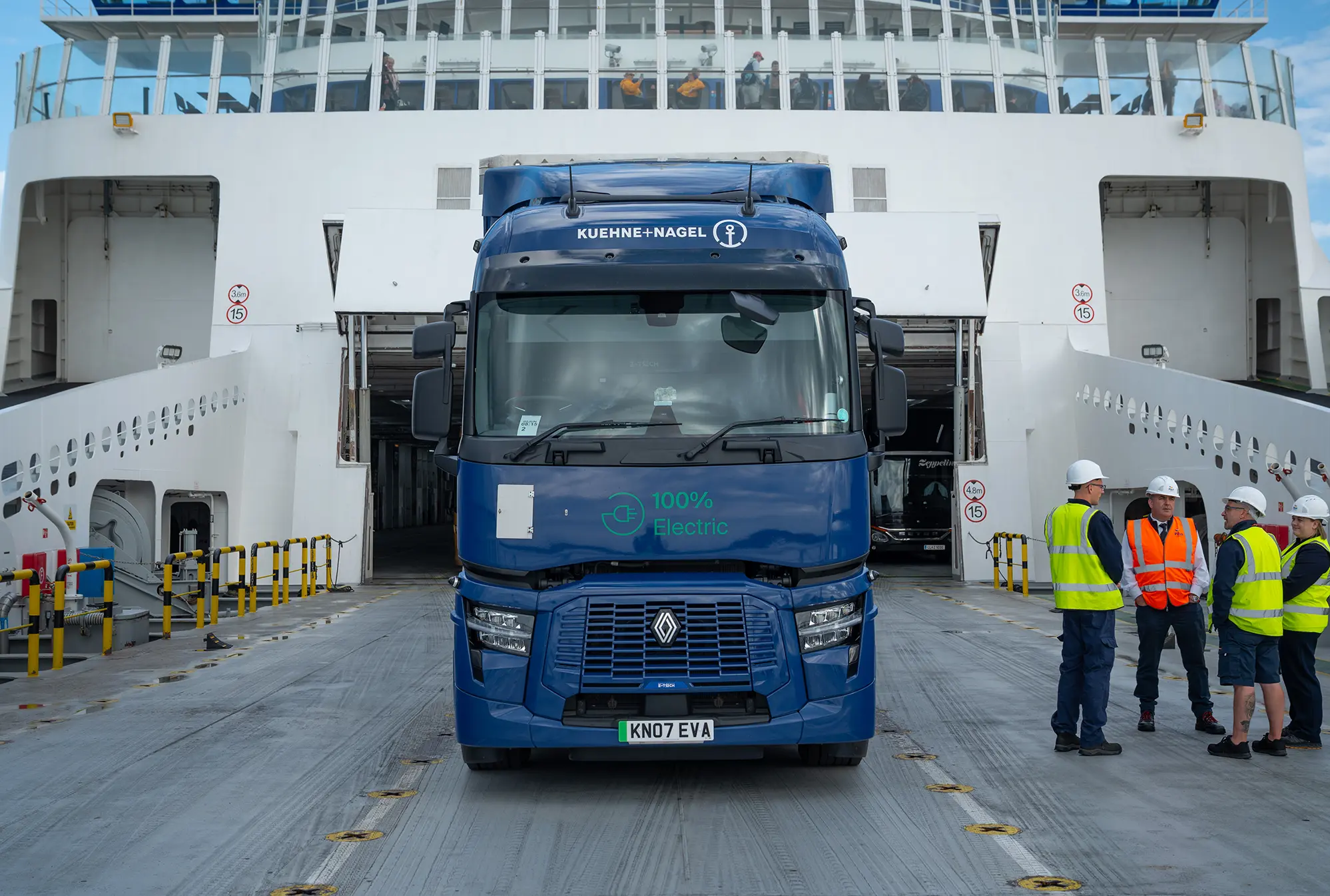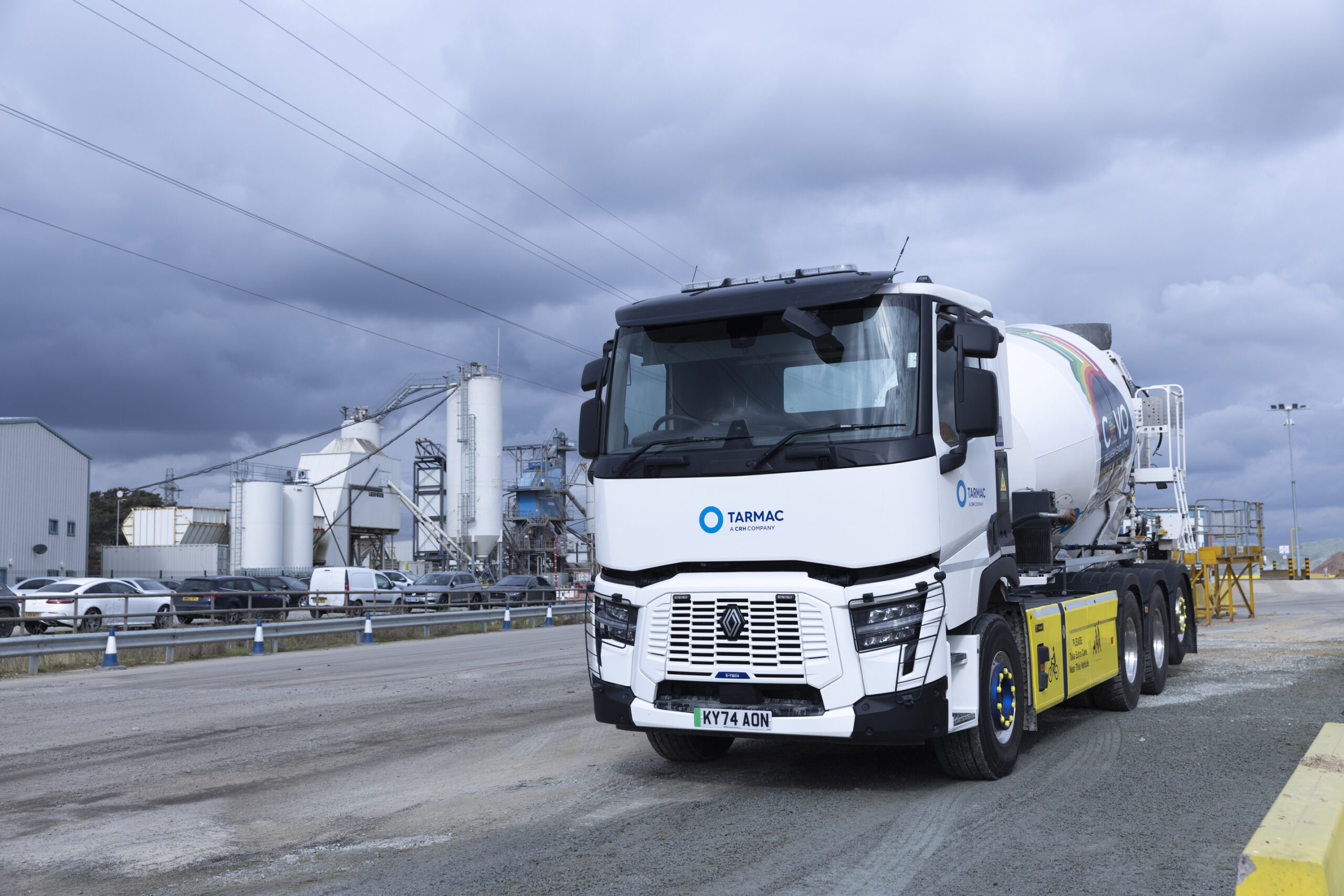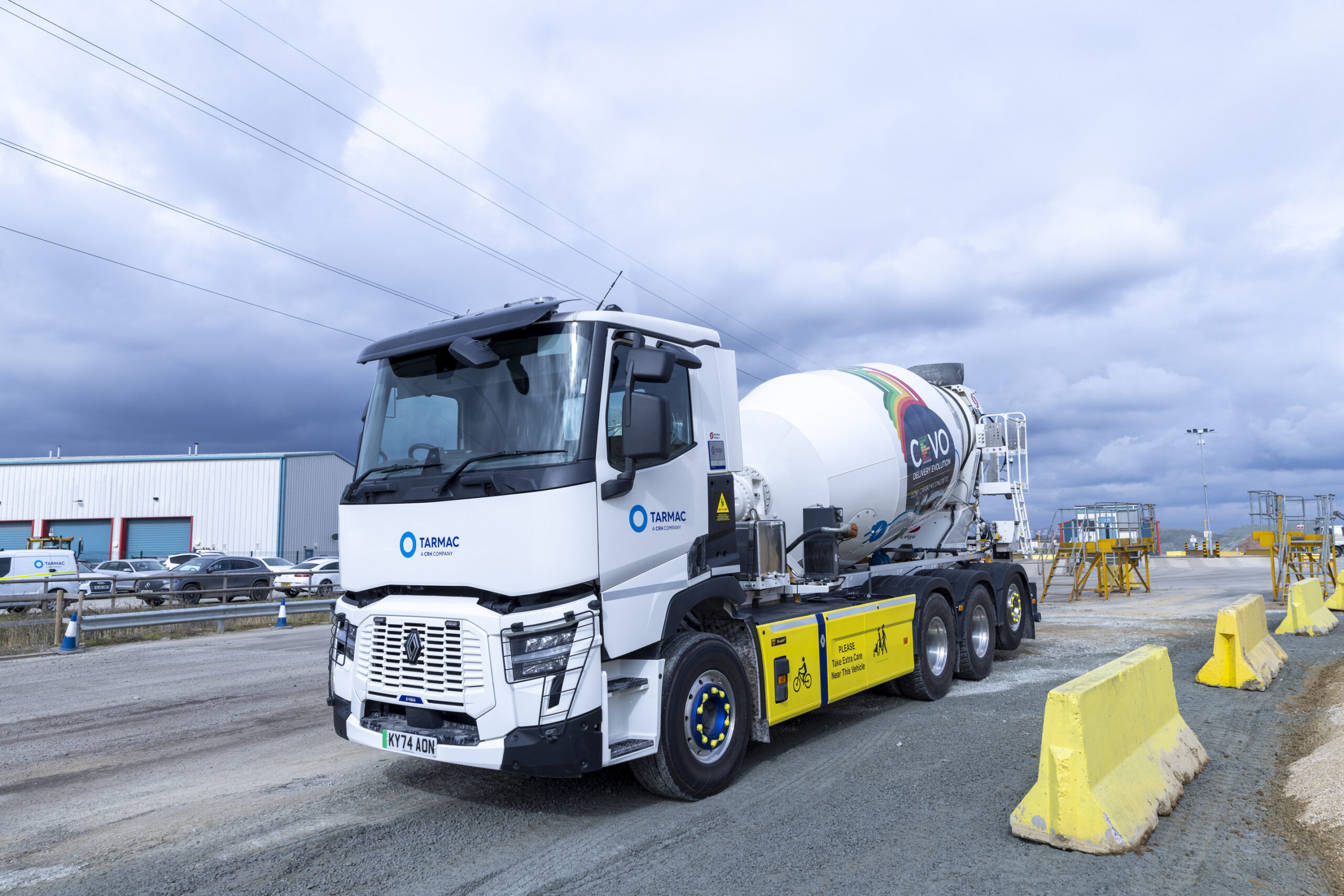Voltempo celebrates start of series production for British-built HyperCharger
Megawatt charging technology designed for electric trucks paves the way for zero-emission freight.
Voltempo has commenced series production of its advanced megawatt charging system (MCS) – the HyperCharger – marking a major milestone for the UK’s transition to zero-emission road freight.
Sir Vince Cable, Chair of the eFREIGHT 2030 consortium, officially opened the facility on 23 September with a ribbon-cutting event at Tyseley Energy Park in Birmingham, where Voltempo has grown rapidly over the past 20 months, expanding from three employees to a team of over 50. This growth reflects a significant investment in the city and the creation of highly skilled technical engineering jobs that are helping to drive the UK’s clean energy transition.
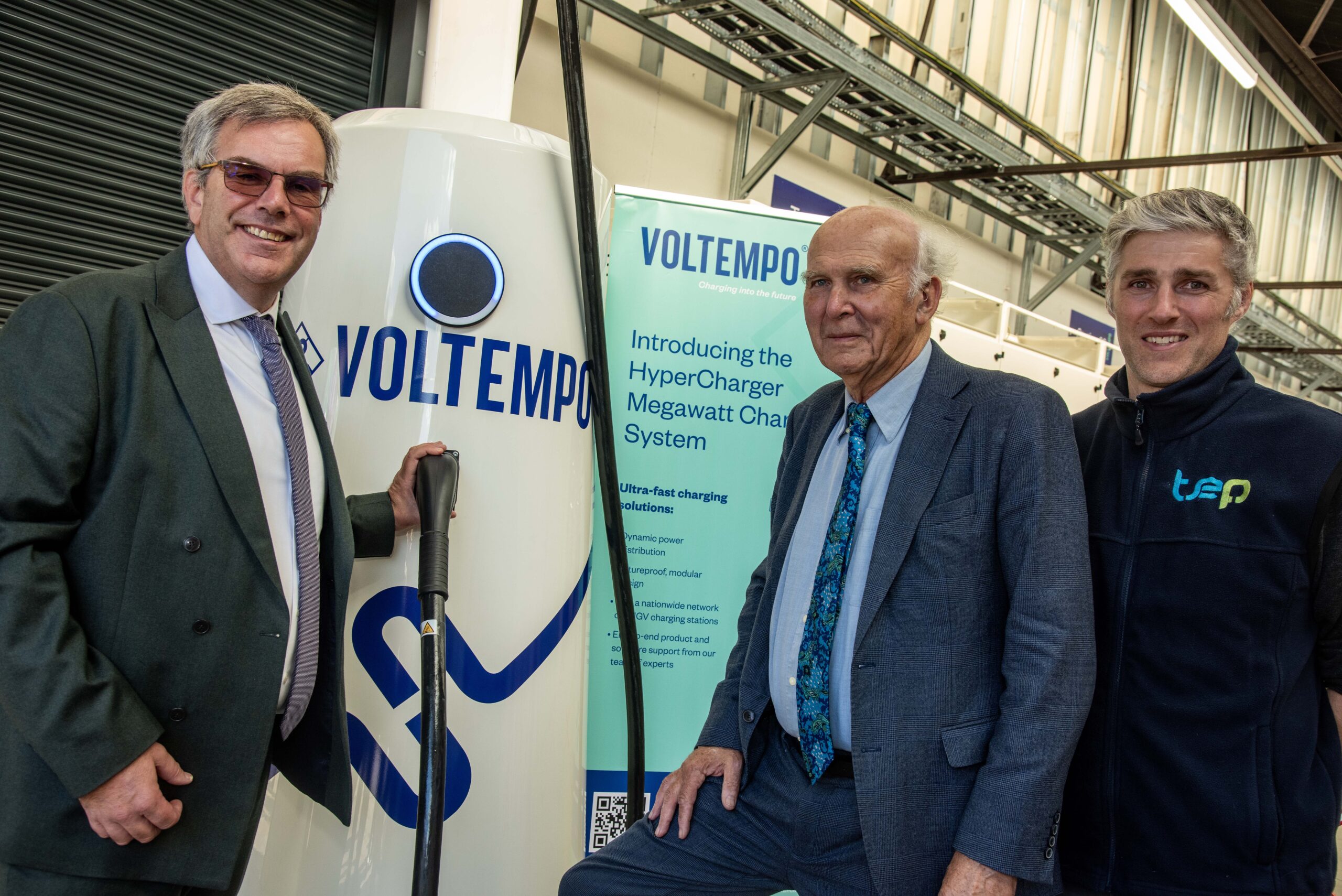
Supporting the UK’s zero-emission freight transition
Voltempo is the lead partner of the eFREIGHT 2030 consortium, part of the UK government’s £200m Zero Emission HGV and Infrastructure Demonstrator Programme (ZEHID), delivered in partnership with Innovate UK. As the consortium’s charging infrastructure provider, Voltempo is playing a pivotal role in enabling the transition to zero-emission freight, with the HyperCharger at the heart of this transformation.
Under the eFREIGHT 2030 project, seven fleets and two charging hubs are deploying Voltempo HyperChargers, each with at least six bays and 1,000kW capacity, while a further two fleets are adopting Voltempo’s lower-powered chargers. The first eFREIGHT 2030 site is already operational, and by Q2 2026 will have deployed the UK’s largest network of MCS-capable chargers. Each HyperCharger is designed for on-site upgrades to support trucks with MCS charge ports at 700kW+ as soon as they arrive in the UK.
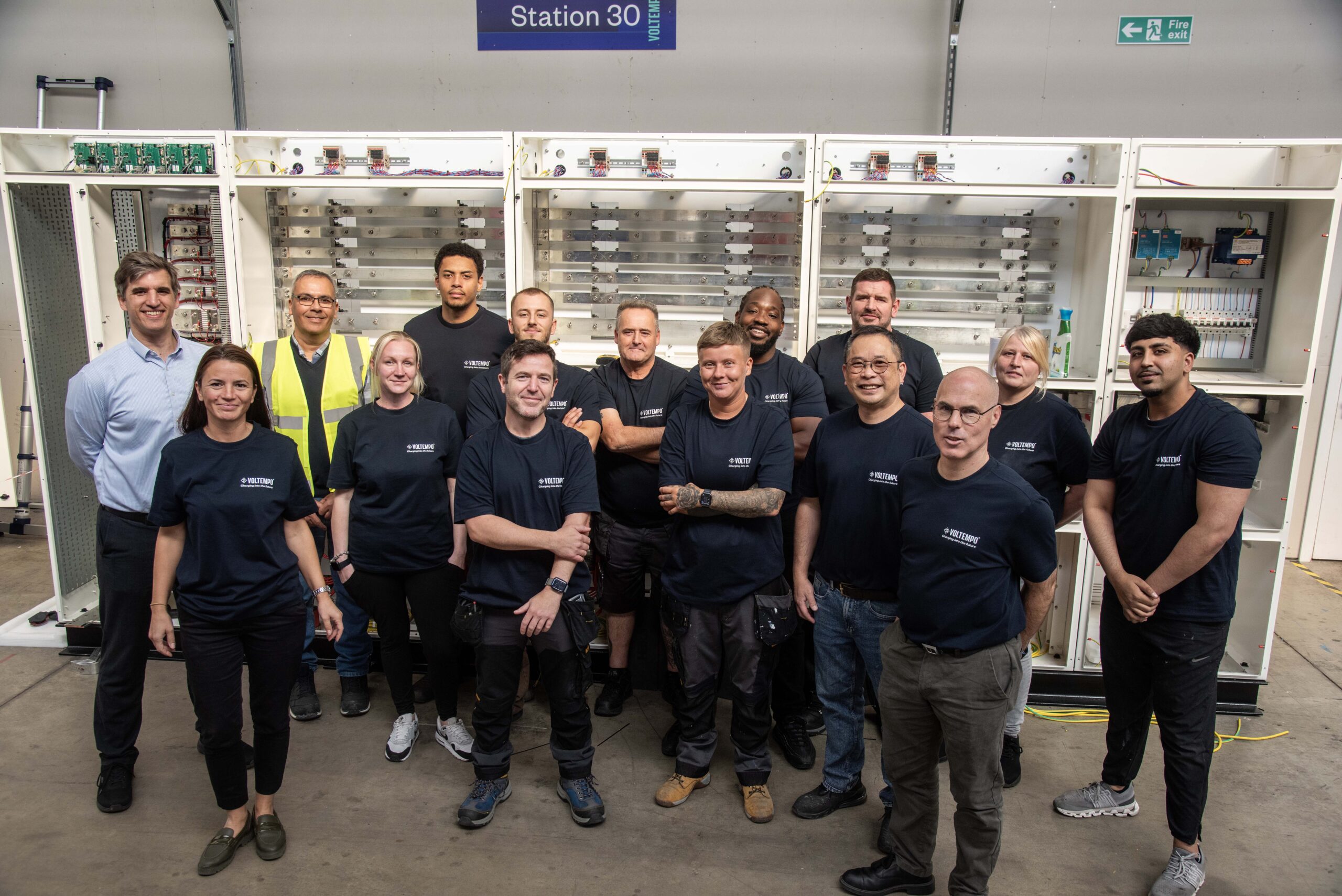
Designed for trucks, from the ground up
Unlike most available chargers, the Hypercharger is purpose-built for heavy goods vehicles (HGVs). Its striking and innovative “halo” design lifts and protects the heavy charging cables, preventing damage and making operation safer and more practical in busy logistics depots.
The HyperCharger’s intuitive LED halo interface removes the complexity often associated with charging. With no touchscreens, cards, or apps required, drivers can simply plug in and charge. Its OCPP 2.0 compliance ensures compatibility with all plug-and-charge enabled vehicles. The HyperCharger’s design also minimises downtime and maintenance, delivering a more reliable charging experience.
Scalable and energy-efficient
Capable of delivering over 1 megawatt of dynamically distributed power to up to six vehicles at once, the HyperCharger can be scaled across multiple charge points to support large fleets. Designed with sustainability in mind, the system uses low-power LEDs and consumes significantly less standby energy than many conventional chargers – helping operators cut both costs and carbon emissions.
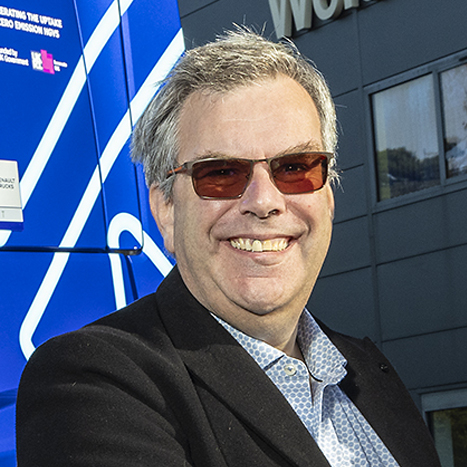
Michael Boxwell, CEO of Voltempo, said: “Starting series production of the HyperCharger is a defining moment – not just for Voltempo, but for the UK’s journey towards zero-emission freight. Our technology has been designed from day one to meet the real-world needs of logistics operators, and we’re proud to be creating green jobs and driving innovation right here in Birmingham.”
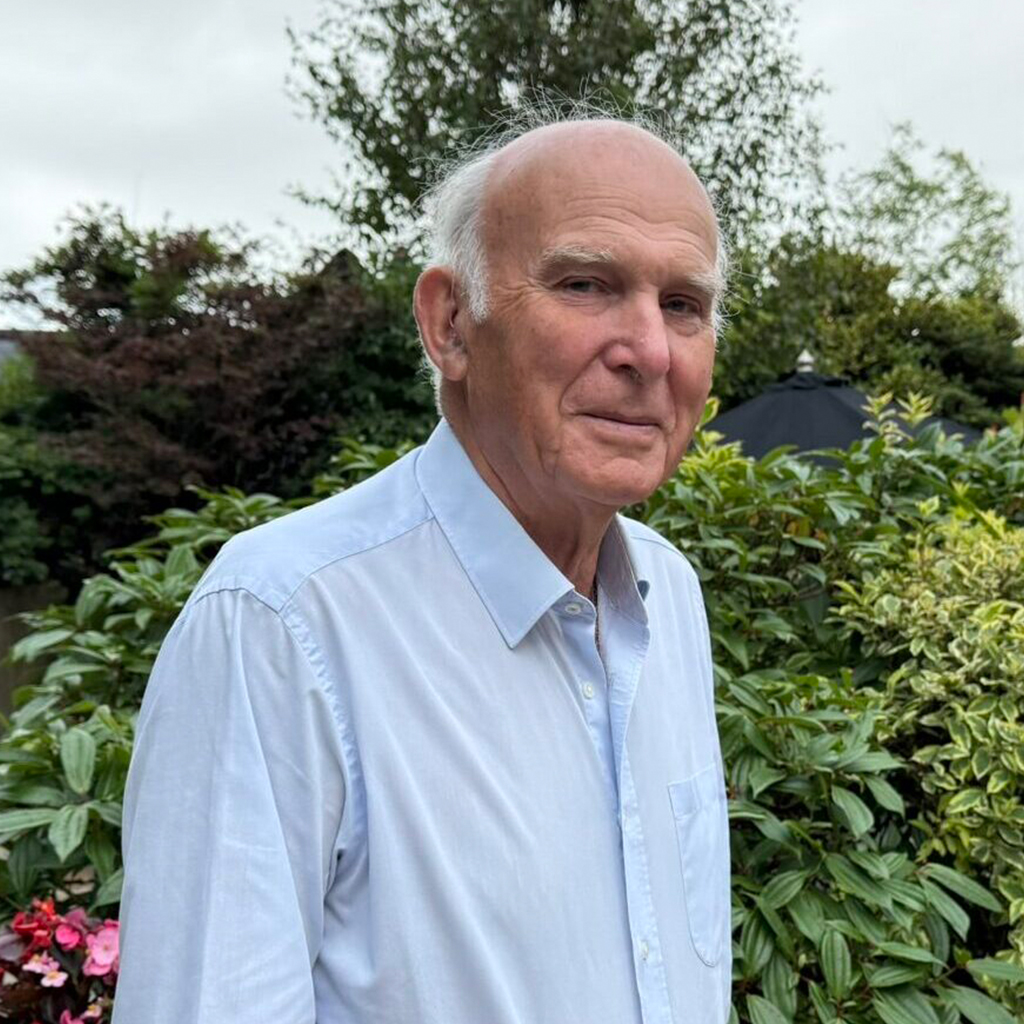
Sir Vince Cable, Chair of the eFREIGHT 2030 consortium, said: “I’m delighted to officially open Voltempo’s new facility and mark the start of series production for the HyperCharger. This is a major step forward – not just for Voltempo, but for the UK’s transition to zero-emission road freight. The HyperCharger is central to the success of the eFREIGHT 2030 programme and demonstrates how British innovation can create skilled jobs, attract investment, and build the infrastructure we need to compete in the global clean transport economy.”
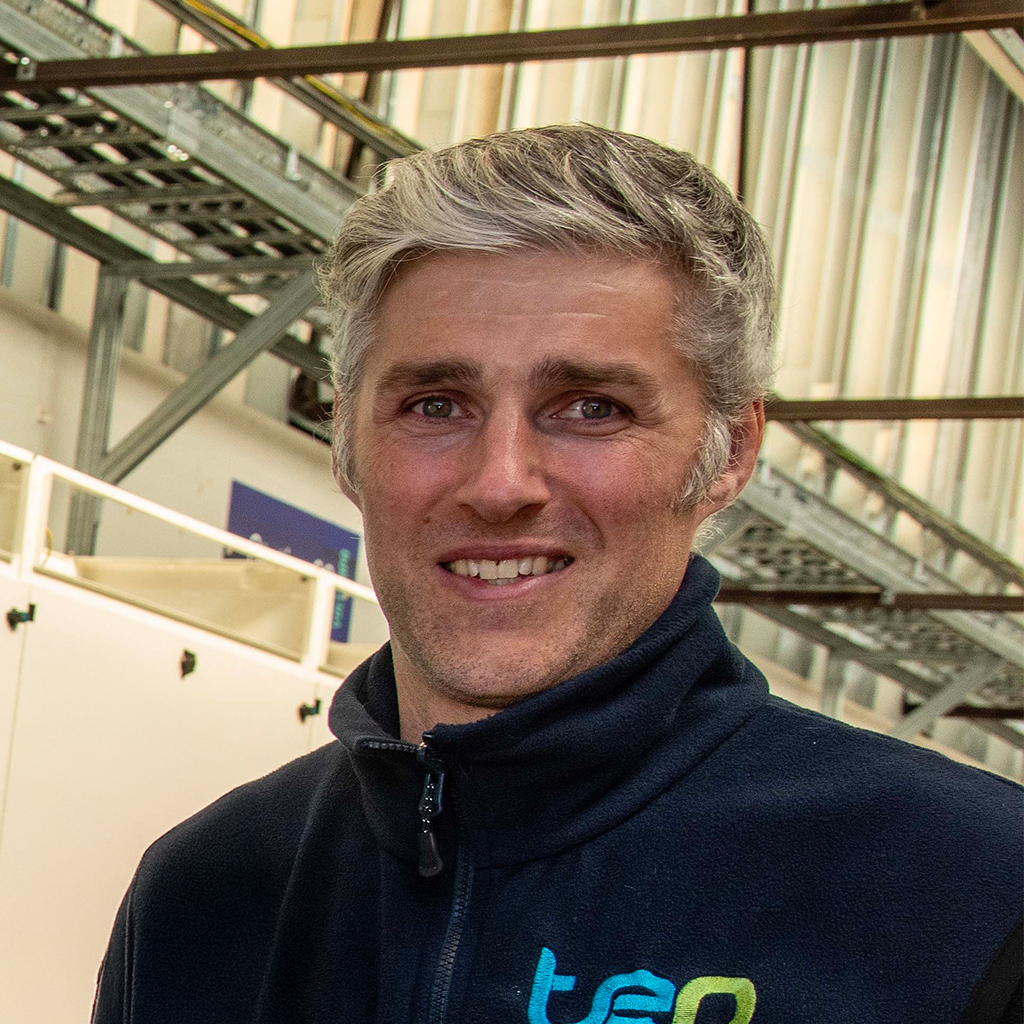
David Horsfall, Director of Property and Sustainability at Tyseley Energy Park, said: “It has been a pleasure to see Voltempo grow so substantially during their time at Tyseley Energy Park, expanding from just two people to a team of 50 in under two years. Their HyperCharger is a leading example of how the UK can innovate to support zero-emission freight. By working with industrial partners like Voltempo we can test and demonstrate cutting-edge technologies at scale – further strengthening TEP’s role as a national hub for clean energy and low-carbon transport.”

Neale Ryan, Head of Land and Maritime Transport at Innovate UK, commented: “Designed and manufactured in Great Britain, this showcases UK innovation in zero-emission freight, and highlights the power of UK support in helping companies like Voltempo progress through multiple stages of development. The ZEHID programme, funded by UK Government and delivered in partnership with Innovate UK, will generate valuable insights into the future of road transport. Innovate UK is proud to support this effort, which plays a key role in accelerating the shift to zero-emission freight and advancing the UK’s net zero ambitions.”


